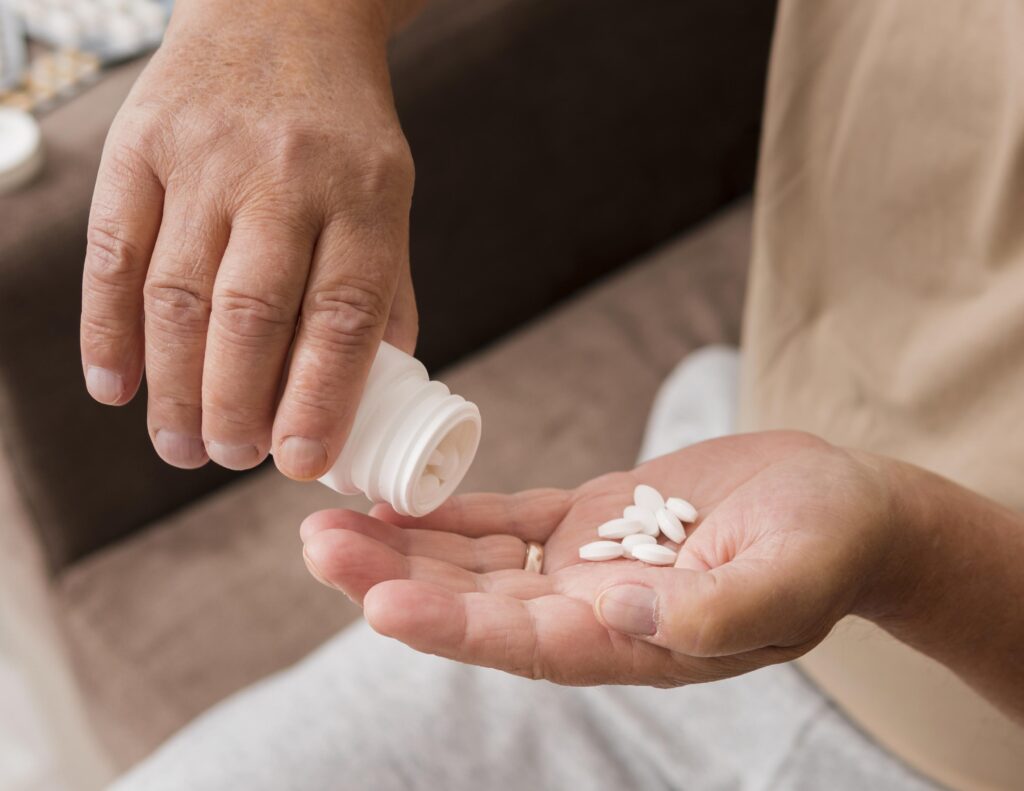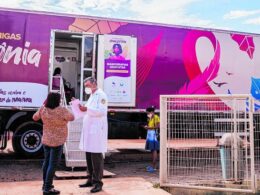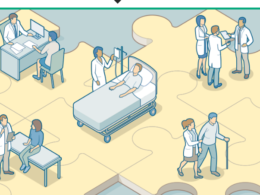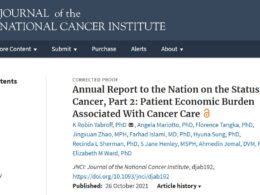The health strategist
institute, portal & consulting
for workforce health & economic prosperity
Joaquim Cardoso MSc.
Servant Leader, Chief Research & Strategy Officer (CRSO),
Editor in Chief and Senior Advisor
January 18, 2024
This executive summary is based on the article “Quimioterápicos já incorporados ao SUS não chegam aos pacientes por verba insuficiente”, published by Oncoguia on January 17, 2024.
What is the message?
At least eight high-cost oncology drugs incorporated into Brazil’s public health system (SUS – Sistema Único de Saúde) are not reaching patients due to the insufficient funds provided by the Ministry of Health to hospitals.
A survey by the Oncoguia Institute, a cancer patient support NGO, reveals a nearly ten-year delay between incorporation and delivery, impacting the treatment of various advanced cancers.

ONE PAGE SUMMARY
What are the key points?
Delivery Delay: The Oncoguia Institute’s research exposes that oncology drugs such as erlotinib and gefitinib for lung cancer are unavailable in SUS oncology centers due to a mismatch between the funding and the actual cost.
Impact on Diverse Cancers: Lung, kidney, skin, blood, breast, and prostate cancers are affected by the delay in the availability of oncology medications.
Financial Discrepancy: The monthly cost of medications per patient significantly exceeds the amount provided by the Ministry of Health, hindering access and appropriate treatment.
Funding Model Differences: Disparities in the funding model for oncology drugs within SUS, where oncology centers define protocols and make purchases, contribute to the exclusion of drugs from the available “menu.”
Inequities and Legal Actions: Patients and hospitals turn to the judiciary to ensure access to treatments, highlighting inequities in the healthcare system.
What are the key statistics?
Nearly Ten-Year Delay: The delay between drug incorporation and delivery approaches almost a decade, compromising the treatment of patients with advanced cancer.
What are the key examples?
Erlotinib and Gefitinib: Medications for lung cancer, incorporated since May 2014, have a monthly cost per patient of R$ 4,192, while the ministry’s reimbursement is only R$ 1,100.
Cyclin Inhibitors: Medications for advanced breast cancer, incorporated in December 2021, are not adequately provided due to the reimbursement value (R$ 2,378), covering only a fifth of the monthly costs (R$ 12,896).
Conclusion
The challenge faced by oncology patients within SUS underscores the need for a thorough review of funding and access processes for medications.
Financial discrepancies, coupled with the lack of clear protocols, contribute to inequities, leading to legal actions to secure treatment.
The imperative for an equitable and comprehensive approach to accessing oncology medications is evident, requiring a profound reassessment of the current funding and distribution model.
To read the original publication, click here.












